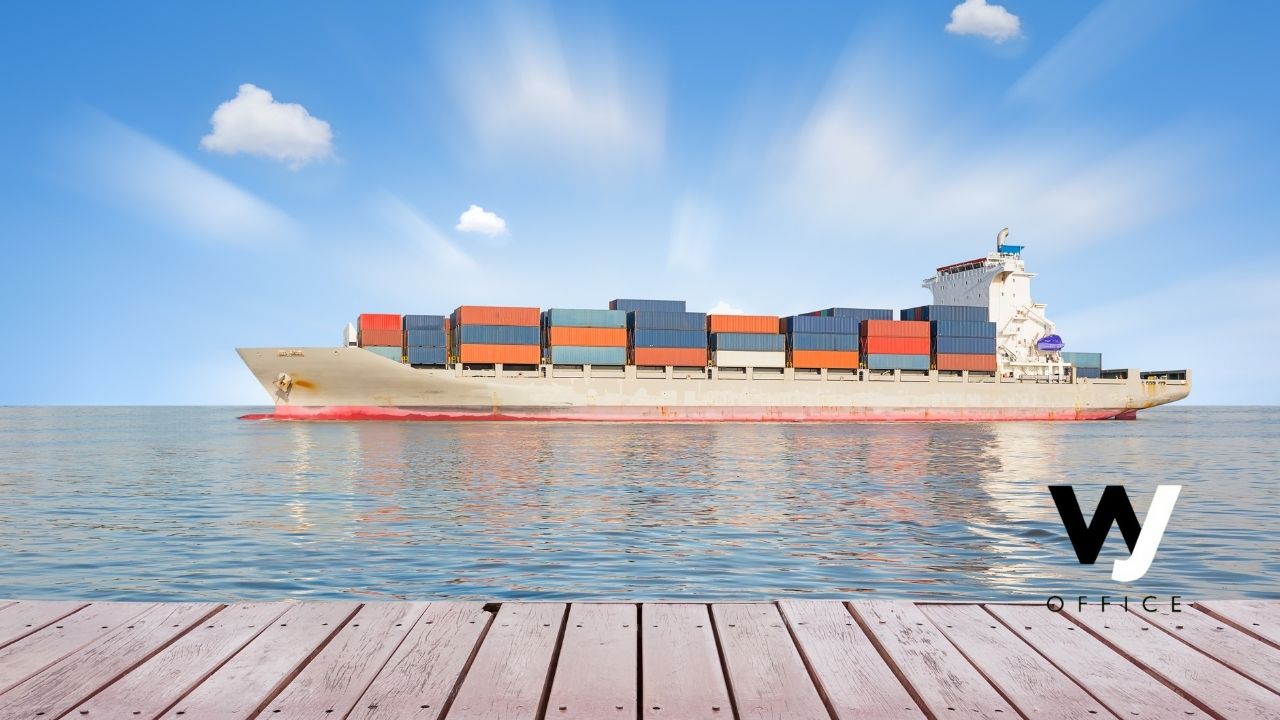
By Neville Chaney
Things aren’t the way they used to be, are they? Of course not. They never have been either. Over the years that I have been in the workforce, “the way that it used to be” has been repeated over and over as it relates to people, economic conditions, products, and nearly everything else we handle. My dad, who grew up during the Great Depression, once said as a senior citizen, “the good old days weren’t so good anyway. THESE are the good old days.”
As we look back over the last couple of years, the business landscape has been extremely challenging. We’ve seen our businesses struggle. Stress has been an even bigger part of our lives. Many of us have lost friends during the pandemic and others have found that businesses that they have dealt with have had to close their doors. I have personally attempted to contact friends that run businesses like mine and found that they have retired and either closed their operation or sold it. Things change and they always will.
One thing that has been of particular concern for the business community and the public has been the supply chain disruption that has impacted all of us. Scarcity is something to which are not accustomed. Many of us have operated with limited inventory on hand and have relied on a “just in time” delivery to maximize efficiencies. Now it’s not a matter of “how much is it” as much as it is an issue of “can you get it?”
About 40% of US imports come in from the port of Los Angeles. As I write this, there are 80 cargo ships in the bay waiting for an opening. Area warehouses don’t have enough capacity to store the goods, and even though longshoremen are working around the clock, the folks in the warehouses are not. Goods are piling up and containers are being stacked upon other containers. Merchants that paid $2,000 to ship a container from China to Los Angeles are now paying more than $25,000 in storage fees. Things only get worse as container stacks pile up in warehouses. Shipping organizations are taking advantage of the situation. Maersk, one of the largest international transportation organizations has reported a 68% increase in profits just this year!
In response to this, many merchants are placing larger orders than normal because they don’t know how long it will take to get their products delivered or how long this logistical nightmare is going to last.
There are no easy answers, but now that the infrastructure legislation has passed, more attention may be directed to logistics. Our economy has held up surprisingly well in 2021. The stock market has been robust, and it seems that besides logistical and supply chain challenges, many businesses (especially in the services sector) have found it difficult to find workers. Some folks have left the workforce on a more permanent basis (such as moms and dads having their children home schooled). Others have simply decided that they wanted a change in careers or even the locale of WHERE they live.
As we enter 2022, let’s pray that these issues ease, that we can find a way to be kind to one another again, and that there will be more viable options for the products that we desperately need.

